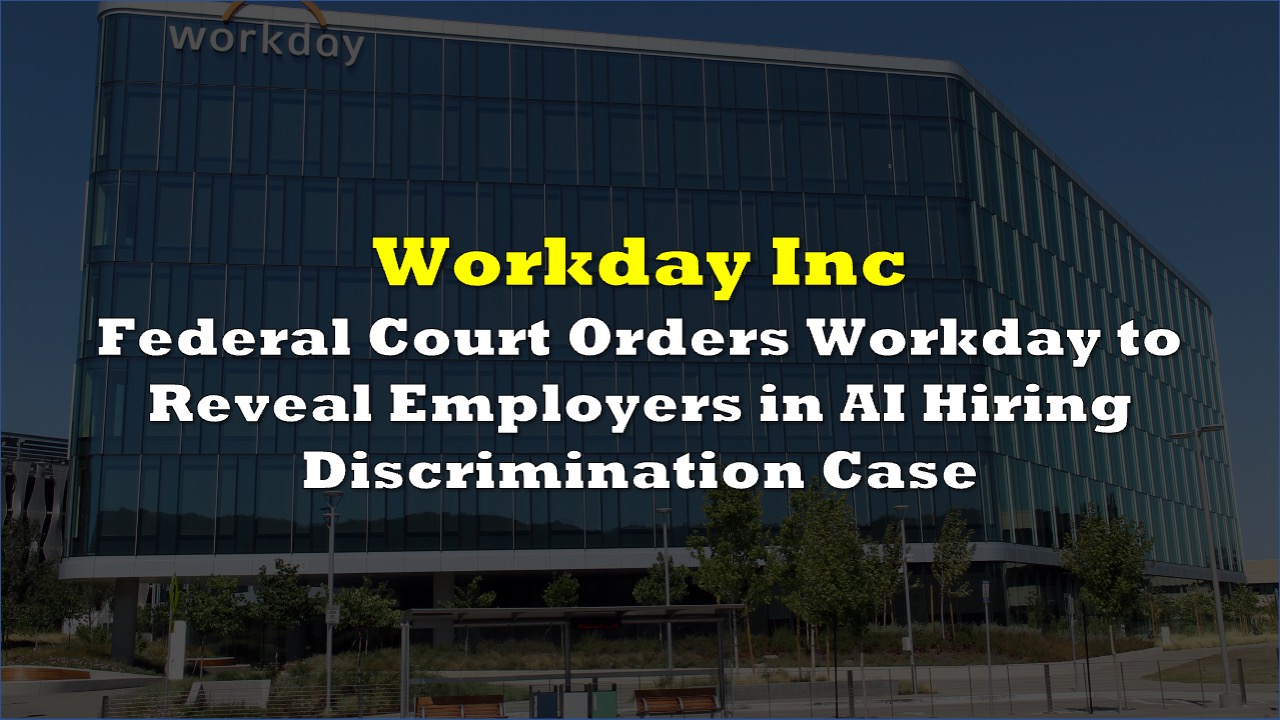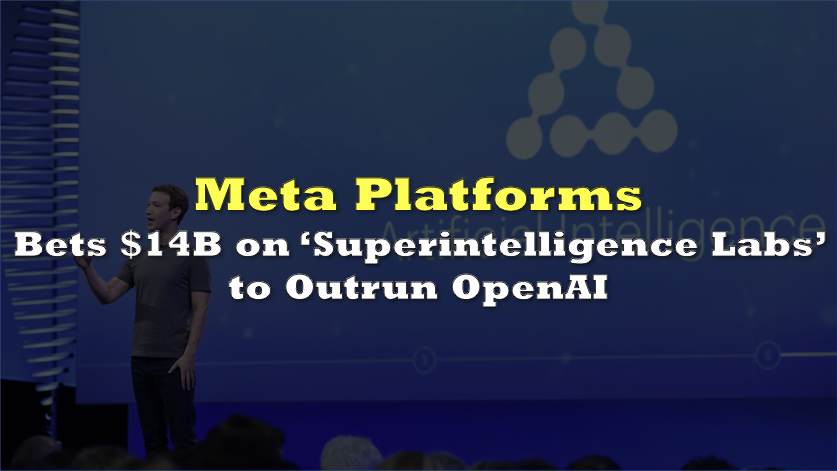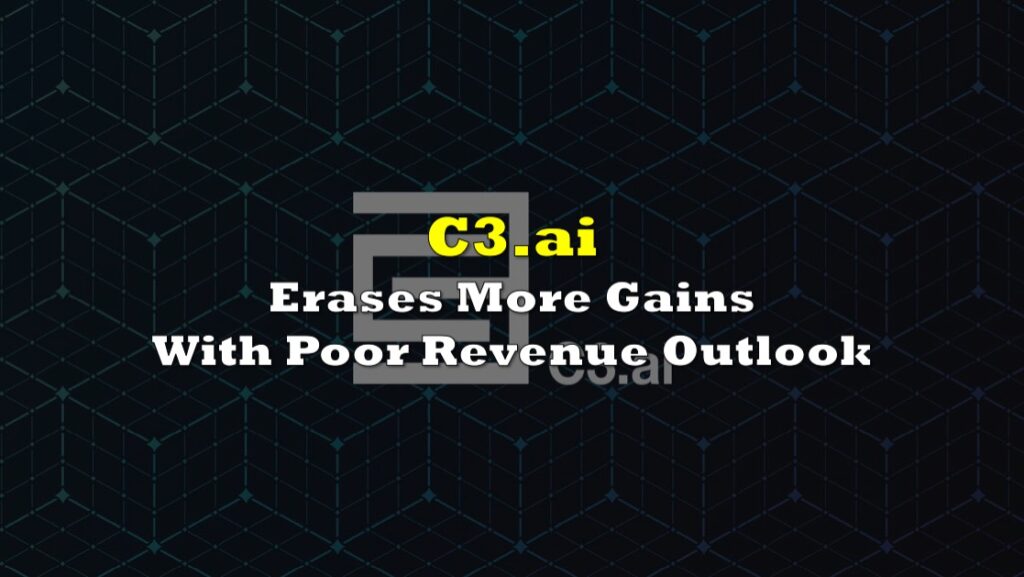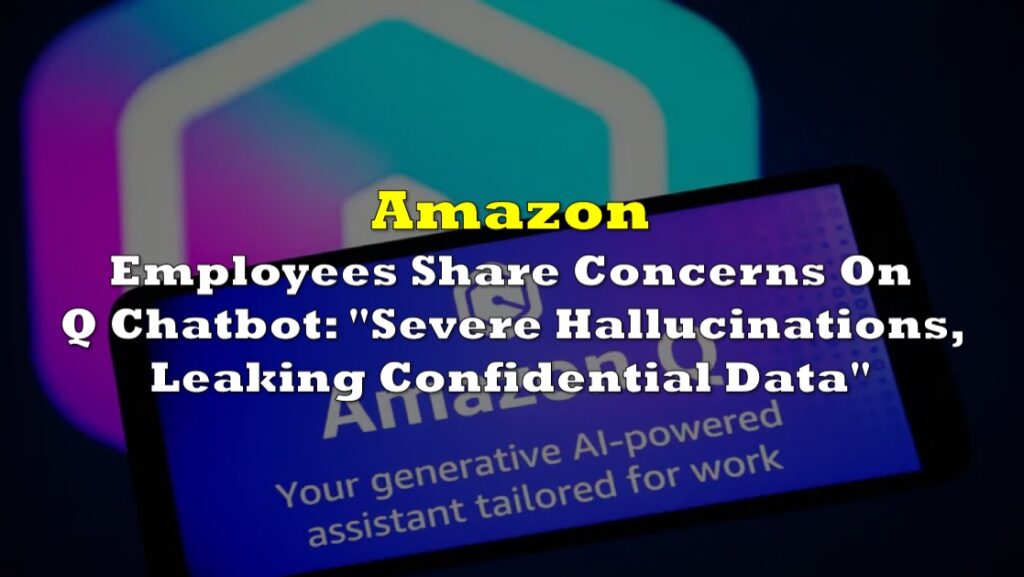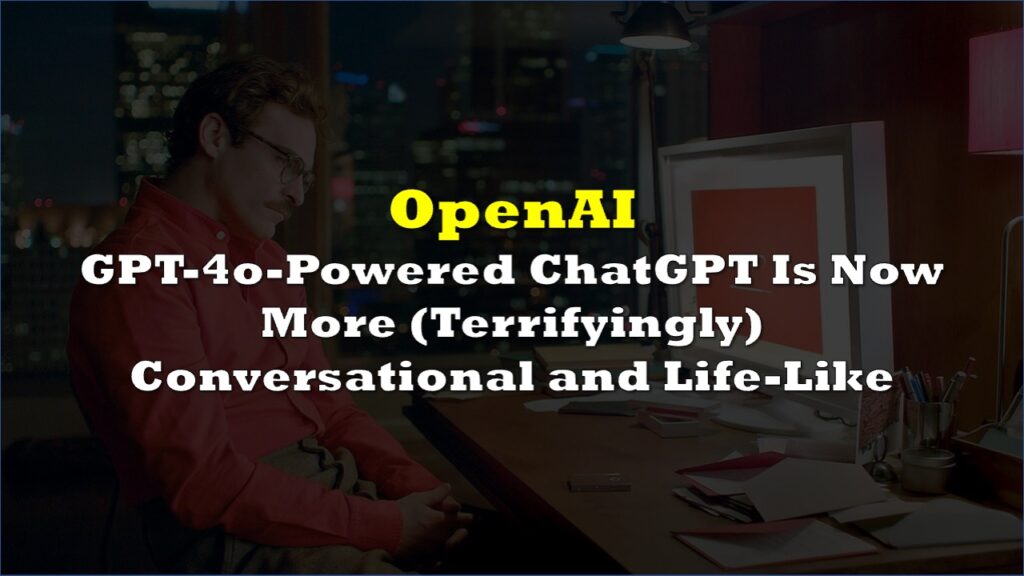A US federal judge has ordered Workday Inc. (Nasdaq: WDAY) to provide a list of employers that used artificial intelligence to screen job applicants, in what could become one of the largest employment discrimination lawsuits in US history.
Judge Rita F. Lin ruled July 29 that the collective action lawsuit alleging age discrimination can proceed against the software company’s AI-powered hiring tools, potentially affecting hundreds of millions of job seekers.
I used to work in recruiting. AI 100% discriminates based on race, gender, sexuality, etc.
— PhreakyDev 🇺🇸 — oss/acc // priv/acc (@phreakydev) August 4, 2025
It's not just the employers who use the hiring software, it's the software companies themselves using training data that is built on years of discriminatory hiring.
Here's how it works. https://t.co/6I2nnZkveG
The case centers on lead plaintiff Derek Mobley, a Black man over 40 with anxiety and depression, who claims he was rejected from over 100 jobs through Workday’s platform over several years. In one instance, court documents show Mobley received a rejection at 1:50 a.m., less than one hour after submitting his application.
The latest order expands the lawsuit to include Workday’s recently acquired HiredScore technology, which operates across multiple hiring platforms. Workday must propose a timeline by August 20 for identifying customers who enabled these AI features to score, sort, rank or screen applicants.
A University of Washington study published last year found that AI resume screening systems favored white-associated names 85% of the time and female-associated names only 11% of the time, providing evidence for claims that such tools exhibit systematic bias.
The case has survived multiple dismissal attempts since February 2023, with Judge Lin ruling that Workday could be held liable as an “agent” of employers using its tools. The court found that Workday’s software “is not simply implementing in a rote way the criteria that employers set forth, but is instead participating in the decision-making process.”
Recent estimates show 98.4% of Fortune 500 companies use AI in hiring, raising concerns about discrimination at unprecedented scale. The Equal Employment Opportunity Commission previously filed an amicus brief supporting the plaintiff’s theory of direct AI vendor liability, though federal AI guidance has since been removed under the Trump administration.
Workday has denied discrimination claims, calling the court’s preliminary order procedural and based on “allegations, not evidence.”
While the Trump administration has rolled back federal AI guidance, several states are implementing their own oversight measures. New York City requires companies using AI hiring tools to conduct annual bias audits.
A class certification hearing is scheduled for January 2026 in the case that could reshape how millions of Americans seek employment in an AI-driven job market.
Information for this story was found via the sources and companies mentioned. The author has no securities or affiliations related to the organizations discussed. Not a recommendation to buy or sell. Always do additional research and consult a professional before purchasing a security. The author holds no licenses.

